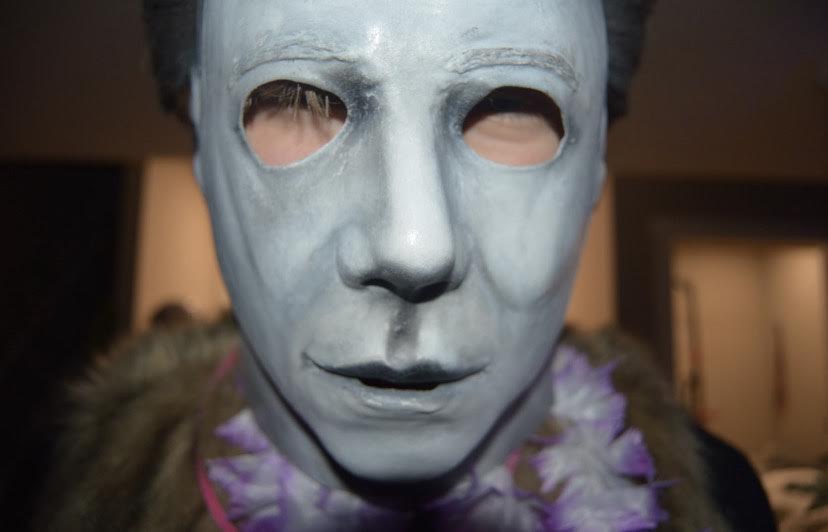The romanticization of serial killers
November 3, 2022
Have you been on Netflix or any other streaming service recently? If so, you have probably seen or heard of the serial killer documentary of shows that have been gaining a lot of popularity recently, especially the Dahmer series. But with these shows gaining popularity and getting everybody talking, the question is, are these shows good for people to be watching, or bad for making victims relive the memories and causing some people to romanticize these killers?
Netflix has been releasing documentaries, movies, and series about killers almost since the app first launched. At first these were basic series, showing what occurred, and including input from the killers, often talking about how they were regretful for what they did. A great example of this would be the show I Am A Killer, which is about people that are serving life sentences in prison for murder. But more recently, it has seemed Netflix has taken it to the next level, and is starting to cover famous serial killers in a more dramatic way, which some believe glorifies these individuals.
This past September, Netflix released the Dahmer series, leading to new discussion regarding the topic of media depiction of serial killers. This series entails Jeffery Dahmer, a serial killer who visciously murdered 16 men and young adults. It portrays his life from his childhood years all the way until his eventual death in prison. The show got good reviews for accurately portraying Dahmer’s life, but did not come without controversy. The families of victims had many many concerns about the show, and how some watchers have even started romanticizing and empathizing with the killer.
Shirley Hughes, mother of a victim of Jeffery Dahmer named Tony Hughes, spoke about what she thinks of the series.
“I don’t see how they can do that,” Hughes said in an interview with The Guardian newspaper. “I don’t see how they can use our names and put stuff out like that out there.”
This is not the first time the romanticization of serial killers from these series has been called into question. When the documentary series Conversations with a Killer: The Ted Bundy Tapes about Ted Bundy – another famous serial killer – was released, many people started romanticizing him as well. Bundy killed and tortured over 30 women, but yet some women would say how attractive he is and would send him letters while he was locked up in prison.
Romanticizing with killers is not all of the problem though. Many empathize with the killers and feel sorry for them after all they have done. People try to think what it is like to be them and whether they would have done the same things if they were put in the same situation and circumstances.
The majority of people who sympathize with or even romanticize these killers would never commit crimes such as these themselves. So why does this occur?
“If we understand them and understand the motivation and why they’re doing this… it’s no longer this unquantifiable horror. Once it makes sense, it becomes a little less frightening to us,” one expert said in The Daily News.
Simply speaking, people sympathize with serial killers because we have the biological capacity to feel empathy, sympathy and remorse for other people, enhanced by putting oneself in the shoes of others and trying to imagine how oneself would have acted in a similar situation or with a similar background story. In a bizarre way, this might even evoke a feeling of understanding in some people that the serial killer was not in control over their environment and under different circumstances, they might have developed differently, according to Sympathizing with Serial Killers.



